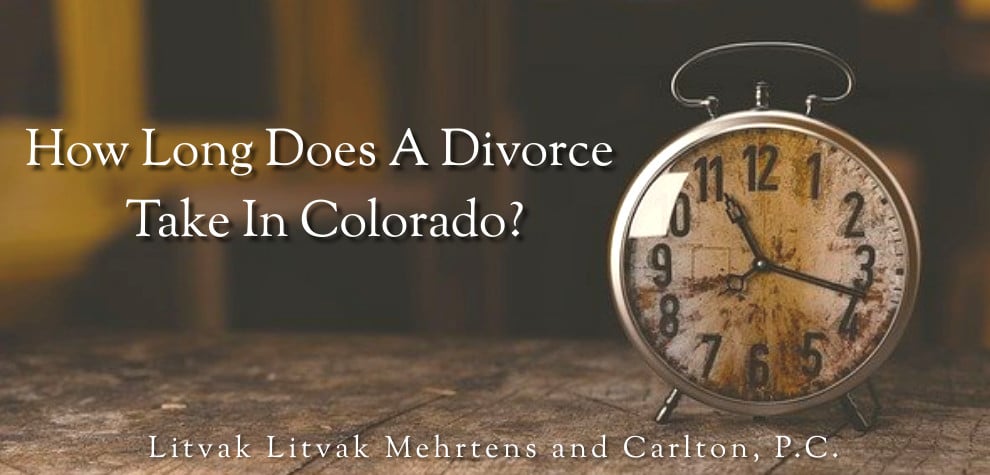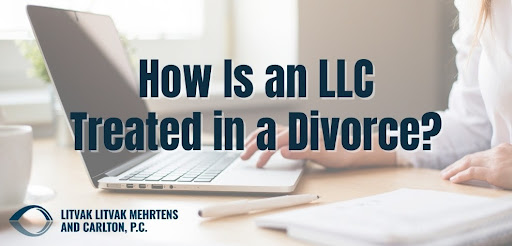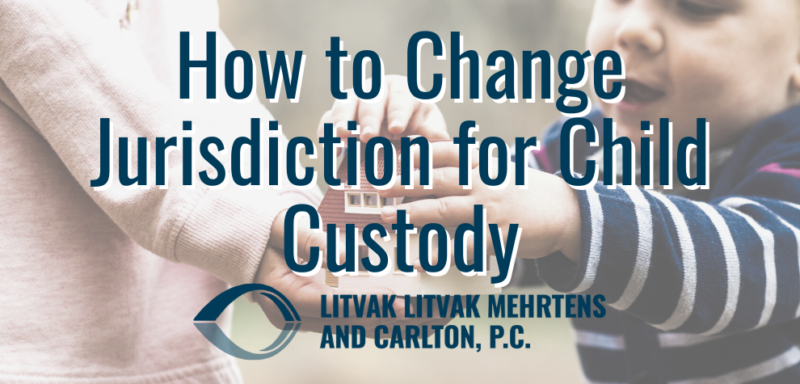When you decide you want to get a divorce, the odds are that you’re hoping for a speedy process. Unfortunately, that’s not always the case. The process of divorce can last for as long as it takes to get it done right. There are several things to consider when determining the time span of divorce proceedings. One of the most important pertains to the state in which you live. So how long does a divorce take in Colorado? We’ll answer that and more below.
Litvak Litvak Mehrtens and Carlton, P.C. is Colorado’s most respected family law firm. Our attorneys are knowledgeable in all areas of divorce. We’re here to address any concerns you may have.
How Long Does A Divorce Take In Colorado?
There are several things that affect the duration of divorce proceedings. One element has to do with whether the divorce is one that’s contested or uncontested. This relates to how compliant your spouse is with the idea of divorcing.
If both spouses are able to come to an agreement on major issues before the date of trial, it’s an uncontested divorce. If there’s at least one major issue that cannot get resolved before trial, it is a contested divorce. Uncontested divorces will take significantly less time than contested.
The biggest factor in determining the length of a divorce is the state where the divorce is taking place. In every state, there are some things to consider when determining how fast things will move along.
The first is if you’ve met all your state’s Divorce Residency Requirements. Every state has different requirements for how long you or your spouse must have lived there before divorcing. Washington, Alaska, and South Dakota are the only three with no required time limit. For most other states, the average amount of time for in-state residency requirements is between 3-6 months. Colorado requires a spouse to live in the state for 91 days before filing for divorce.
If you meet this condition, you must then consider whether your state has a required waiting period or separation requirement.
What’s The Difference Between A Waiting Period And A Separation Requirement?
You might hear the term “waiting period” or “cooling off period” used in divorce proceedings. This refers to the amount of time required before your divorce can be final. Not all states demand this waiting period. The states that do, though, usually start the clock once the divorce papers are first served.
A separation requirement might also be something you hear in the conversation surrounding divorce. Though it sounds much the same as a waiting or cooling off period, it refers to something different. A separation requirement is the amount of time that a couple must separate before the divorce can even get filed.
While the terms have different meanings, their purpose is generally the same. Both mean to give spouses the ability to rethink their choice and decide if divorce is what is best for them.
Is There A Mandatory Waiting Period Before We Can Get A Divorce In Colorado?
Though not all states demand a mandatory waiting period, Colorado does. In the state of Colorado, you must wait a total of 90 days following the filing of the divorce for it to be final.
This waiting period is not the same as the time permitted for a spouse to respond to getting served divorce papers. States generally give the spouse receiving divorce papers anywhere from 20-90 days to respond. Responding can come in the form of filing an answer, hiring an attorney, or petitioning the divorce. Unlike with a waiting period, the non-filing spouse can shorten or stop the response period altogether by filing the right documents. You can ask your divorce attorney for more information about these documents.
What Are The Stages Of Divorce?
Aside from the legal period of time required by states, there’s also a personal timeline that occurs in the prospect of divorce. No one can deny that divorce is an emotional process. There are stages of emotions that people going through a divorce often find themselves experiencing. It is very similar to the stages of grief that occur when someone loses a loved one.
There are 5 stages in the emotional process of a divorce. These do not apply to everyone, as every person and situation is different. A common theme in most divorces, though, are these 5 consecutive phases:
- Denial
Denial is most often experienced by the non-filing spouse. Whether they had no clue it was coming or they were expecting it, it is common to feel a sense of denial or dissent. This feeling often also allows people to mentally distance themselves from the harsh reality that is divorce.
- Anger
Anger is generally experienced by both parties. It may come with feelings of heavy emotion because so many feelings were previously suppressed in the denial stage. When in this stage, it is crucial that you be patient with yourself. Give yourself time to cope with the stress you may be feeling. It is not uncommon to feel aggression and hostility during this stage, but you don’t want to make decisions based on emotion alone.
- Bargaining
Going back and forth in your mind is common during this stage of a divorce. Feelings of doubt, guilt, and fear may be overwhelming right now. The initiating spouse might be questioning their decisions and fear the consequences of them. Meanwhile, the non-filing spouse may be offering to change their ways to try to fix what’s broken.
- Depression
This might be the most difficult stage of divorce. In this moment, things are starting to settle in. Both spouses are noticing the absence and struggling with the understanding that this is their new reality. This is when it’s most important to establish a new support system. This may be friends, siblings, parents, or even a therapist. The truth is that you don’t have the person you used to turn to anymore, and that loss of support can be debilitating. Finding other people to turn to and accepting help when offered is crucial to your healing process. If you have children who are also struggling in the midst of your divorce, make sure they have support as well.
- Acceptance
The last stage of emotion following a divorce is often acceptance. This is when most people finally come to terms with their situation, even finding a sense of peace. Both spouses may still have moments of grief and sadness, but they are able to move through it. You’re realizing that though you can’t have things how they once were, you can make them into something new and even better.
Again, the stages of emotion in a divorce do not apply to everyone. It is merely a general guideline to what you might expect to feel during this time. It’s important to recognize these changes in behavior and know that they are normal.
Contact Divorce Attorneys at Litvak Litvak Mehrtens and Carlton, P.C.
If you are in the process of a divorce or are considering one, you need the help of an experienced divorce attorney. Contact Litvak Litvak Mehrtens and Carlton to discuss your case today. Schedule a consultation by calling our Denver office at 303-951-4506 or complete our online form here.






